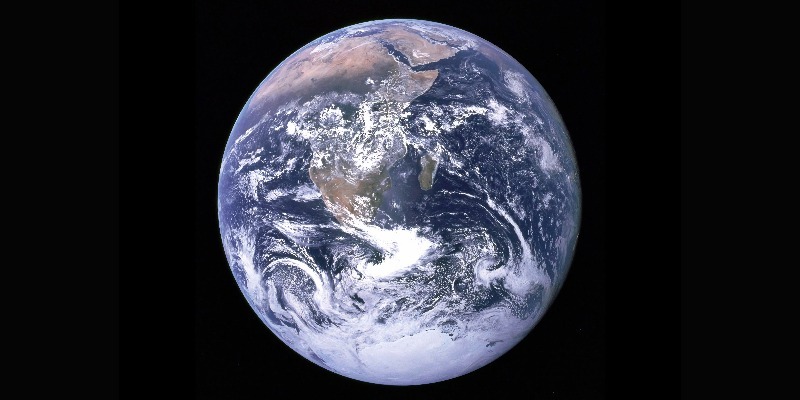Climate change and poverty

The issue of climate change elicits a wide range of facts, rhetoric, anger, emotion, and opposing opinions and solutions. Hopefully we are all agreed that something needs to be done, and particularly as Christians who believe this earth was created by God for mankind, and that we were given a mandate to protect it. As David Attenboroughi said in his speech at COP26, ‘If working apart we are a force powerful enough to destabilise our planet, surely working together we are powerful enough to save it.’
While not pretending to be an expert at anything much really except providing veg boxes to those in financial need, and especially not in economics or sociology, nonetheless this recent article in Forbes on the energy crisis was enlightening. The author Christopher Holmanii started the article by saying: ‘Trying to bounce back from Covid, the world has run headlong into an energy crisis’. Crude oil, gasoline and natural gas have all risen in price drastically, and China and India are mining coal as fast as possible and building new coal fired power stations to provide electricity. The justifiable desire for a reduction in the use of fossil fuels has outrun our capability to provide energy via renewable sources.
Guy Singh-Watsoniii however, in his article Blah, blah, blah: What we hear from COP26, says that as important as individual action is, it won’t change much. ‘The answer is so simple: stop denying the very nature of capitalism. Instead, use its strengths. Fossil fuels account for 89 per cent of global warming; make them more expensive, either through a tax on their sale, or through a carbon tax.’ Motivating big business to bring about change.
What has this got to do with providing veg boxes for those in financial need? In an article in 2009 entitled Tackling Climate Change, Reducing Povertyiv, the authors claim, ‘The poorest people in the UK will be worst affected by the effects of climate change. And unless measures to combat climate change are carefully tailored, they will hit the poorest hardest: taxing fossil fuels to reduce emissions would make it harder for people on low incomes to buy food and use transport.’
The truth of this has unfortunately become very evident this winter as the energy crisis causes a huge increase in the cost of gas, electricity and fuel, meaning the poorest in our society will not only be paying more for their energy and transport, but increased transport and energy costs will be passed on to the consumer through higher prices for food.
We all know climate change must be tackled somehow, and Simms, et al do give some positive views on how tackling climate change can help the poor, but most are long term solutions and most, 12 years later, have not been implemented in any meaningful way.
So, for now, with no easy solution to climate change in sight, the need to provide food for those facing a cold and hungry winter this year in the UK is greater than ever. Please help to support us by:
These are REAL people with REAL needs, not just a statistic, and they need YOUR help.
Sharon Mey
i https://www.youtube.com/watch?v=qjq4VWdZhq8
ii https://www.forbes.com/sites/christopherhelman/2021/10/19/energy-crisis-2021-how-bad-is-it-and-how long-will-it-last/?sh=8f335664c630
iii https://wickedleeks.riverford.co.uk/opinion/news-farm-climate-change-cop26-ethical-business/blah-blah blah-what-we-hear
cop26?utm_campaign=Wicked+Leeks+Newsletter+07+11+2021&utm_medium=email&utm_source=DOI+confi rmed+Wicked+Leeks+group
iv https://neweconomics.org/2009/01/tackling-climate-change-reducing-poverty
Photo by NASA on Unsplash
Sharon Mey, 15/11/2021